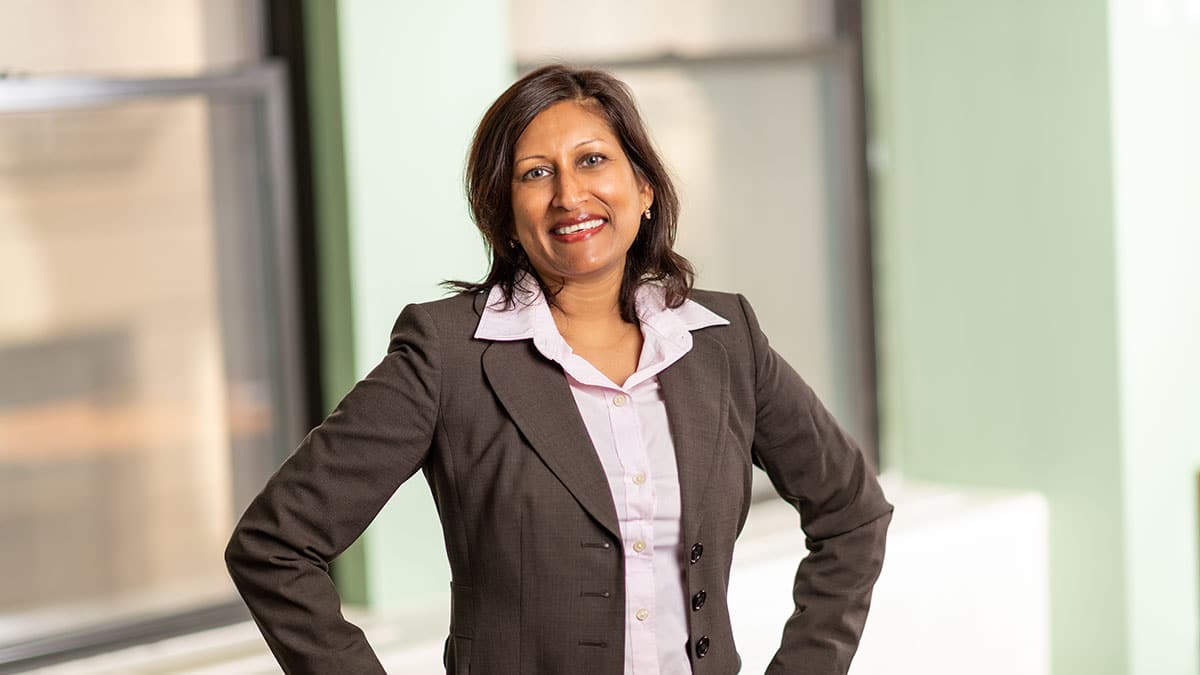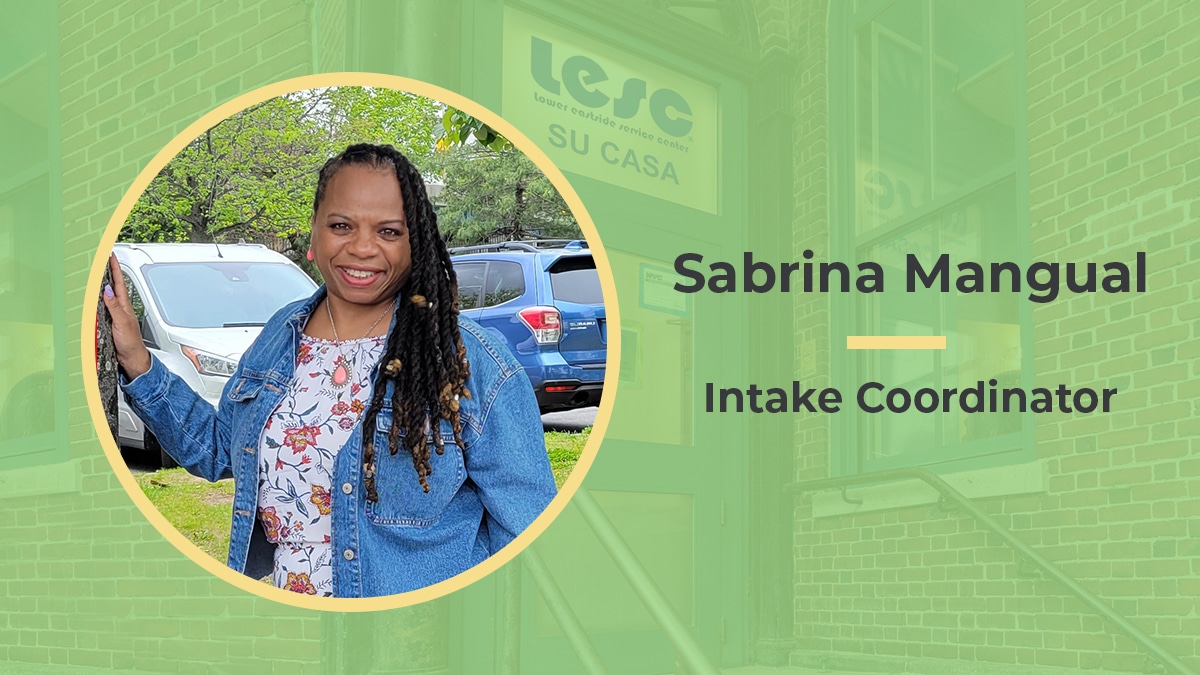
Mental health is a topic that is gaining more attention and recognition worldwide, yet stigma still lingers, especially within cultural communities where misconceptions often prevent open discussions. Among these communities, the Chinese population stands out because of cultural beliefs and societal pressures that can lead to shame and isolation.
LESC is here to help. Our Continuing Day Treatment Program offers support to the Chinese community, and our Dual Recovery program offers mental health and recovery care in four Asian dialects, Spanish, Arabic, and English. In recent conversations with Margaret Lai, Director of Continuing Day Treatment at LESC, and Carol Deng, Director of Dual Recovery Services at LESC, we explore the cultural, societal, and linguistic barriers that often deter individuals from seeking help. These important conversations highlight the urgent need for targeted support and mental health awareness initiatives across cultural communities.
Mental Health Challenges Within the Chinese Community
“The Chinese culture has this kind of stigma saying that if a family has a mentally ill person, that means their generation has done something wrong. They see this as revenge from God or from a ghost or whatever. That’s why they usually hide that they have this kind of person in their home,” Margaret candidly shares about the personal struggles the Chinese community faces when it comes to accessing mental health services. She highlights a prevalent issue where individuals hesitate to seek mental health support due to fear of judgment or cultural taboos surrounding mental well-being.
Her experience in navigating stigma in accessing mental health services fuels her passion for fostering a more inclusive and supportive environment at LESC. “Some of these marginalized groups don’t accept themselves as mental patients. It’s very difficult. They refuse to see doctors, they refuse to take advice from parents or friends, and they refuse to take medication. This group is very difficult to convince until they hit rock bottom. They need to be hospitalized in order to have a chance to change,” Margaret explains.
Margaret shares a story of a client who, battling suicidal thoughts, found hope and healing through LESC’s programs. “When he came here, he couldn’t talk, he had a lot of anger, and he got easily irritated and tried to ignore people. Everybody in the program was scared of him at that time. Even his mom,” Margaret remembers.
Imagine the emotional turmoil – the sense of isolation and despair that can lead to such dark thoughts. This client, within the Chinese community, likely faced the added burden of stigma and cultural beliefs that might have prevented him from seeking help.
LESC provided a lifeline. Through culturally sensitive therapy sessions, the client could openly discuss his struggles in his native language, fostering trust and understanding with the therapist.
As a dedicated team member at LESC, Margaret embodies the resilience and determination needed to combat mental health stigma within the Asian community in New York City. Margaret’s role extends beyond administrative tasks; she actively engages in community outreach and education to dismantle barriers surrounding mental health discussions.
Margaret notes the significant hurdles posed by cultural and linguistic differences. Through educational programs geared towards caregivers and families within the Chinese community, she is working to help break down barriers and build a baseline for mental health services. “I joined a volunteer group for caregivers in the Chinese community. I host a lot of workshops about mental health, how to help clients, and how to work with family members. When family members work with the clients, we can help get rid of the stigma.”
Margaret stresses the importance of targeted support and awareness initiatives tailored to address stigma within specific communities at LESC. By fostering culturally sensitive environments, individuals in marginalized populations can feel validated and supported in their mental health challenges.
Empowering Communities: Insights on Navigating Mental Health Challenges
In New York communities, people of all ethnicities face many challenges when addressing their mental health. Speaking with Carol Deng, a passionate advocate within the community, we gain valuable perspectives on the hurdles many encounter.
Carol expresses the need for mental health to be treated as a medical condition like any other healthcare service would. “So, I think a very good approach is having Primary Care Providers (PCPs) start the conversation about mental health during annual screenings, about how you’re feeling, how you’re sleeping, and how is your appetite?” says Carol. This conversation can make it much easier for diverse populations to take their mental health seriously.
Another aspect of mental health that is often stigmatized is the assumption that all mental health issues are extreme. “It could be as simple as someone changing a job and adjusting to it and that it’s impacting sleep and appetite,” notes Carol. “It could be that simple.”
“Everybody has a system for regulating something that they go through. Some take longer, some take a shorter time, however mental health could be just additional support that helps you get through a difficult time. So having someone there can make you feel comfortable and safe to share your thoughts instead of going through and dealing with it by yourself.”
Overcoming Barriers with LESC
The outpatient treatment programs at LESC are a testament to empowerment and inclusivity, with some specifically tailored for the Chinese community. These programs have been a lifeline for many, fostering resilience and breaking down barriers that hinder access to vital mental health services. LESC helps New York City address mental health challenges in several key ways:
- Combating Cultural Stigma Through Education: LESC provides psychoeducational programs in at least six different languages. These programs explain mental health conditions, treatment options, and the importance of seeking help. This education helps to dispel myths and cultural beliefs that contribute to stigma.
- Building a Safe Space with Family Support: LESC offers family group sessions where both patients and their families can learn, share experiences, and reduce feelings of isolation. This fosters open communication and empowers families to support their loved ones on the road to recovery.
- Multilingual Therapists: LESC employs therapists who are fluent in four Chinese dialects, Spanish, Arabic, and English. This eliminates the language barrier and allows for culturally sensitive communication, building trust and ensuring accurate diagnosis and treatment.
- Focus on Recovery and Empowerment: LESC goes beyond just managing symptoms. They offer a variety of groups that focus on skill development, like communication, stress management, and positive thinking. This empowers individuals to manage their mental health and improve their overall well-being.
Mental health is a universal concern, yet cultural barriers can create unique challenges for the Chinese community and other minority populations. Fortunately, organizations like LESC are working tirelessly to bridge this gap. Let’s all play a role in dismantling stigma and creating a more open conversation about mental health within the New York community.

